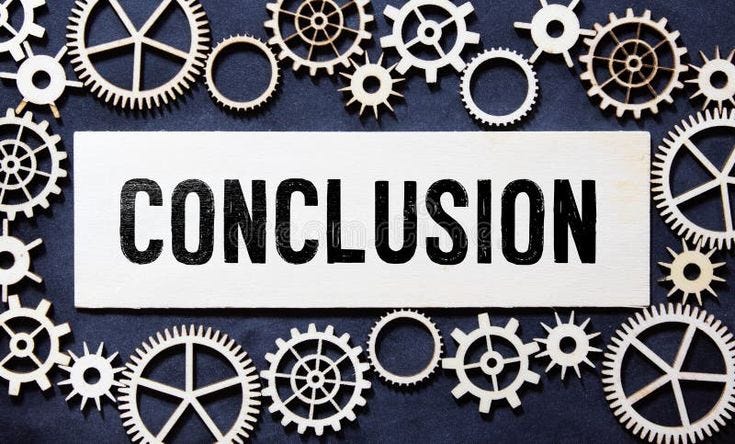Why Startups Fail at PR (and How to Avoid It)
The Late-Night Email That Went Nowhere

Alex still remembers that night. Rain tapping against the garage roof, the glow of his laptop, his chest tight with nervous hope. His startup had just raised seed funding, and he believed one article could change everything.
So at 3 a.m., he hit send — a press release blasted to 50 journalists. He refreshed his inbox every ten minutes, waiting for magic.
Morning came. Silence. Not even a polite rejection.
Alex isn’t alone. Thousands of founders carry that same sting. They dream of headlines, only to find out that PR isn’t about luck or email blasts — it’s about clarity, timing, and connection.
What PR Really Means (And Why Founders Misunderstand It)
PR isn’t about shouting. It’s about being invited into conversations that matter.
Take Brian Chesky. When Airbnb was dismissed as “strangers renting out couches,” he didn’t pitch features — he pitched belonging anywhere. That story turned a scrappy idea into a cultural movement.
But most founders don’t think like that. They confuse PR with hype, expecting fireworks when what they need is a steady flame.
Where Startups Trip Up
1. The Message Problem
“I thought ‘we’re innovating healthcare’ was enough,” laughs Nneka, a Nigerian health-tech founder. “Journalists didn’t care. Then I reframed it: ‘We’re saving mothers’ lives in rural clinics with AI.’ Suddenly, doors opened.”
The difference? One was jargon. The other was human.
2. Treating PR Like a Magic Button
Daniel, a fintech founder, once dropped $20k on a PR agency. He expected investors to come knocking. All he got was one lonely article.
“I was furious,” he admits. “But I never even shared that article! I just waited for it to ‘work.’”
He now knows PR isn’t caffeine — it’s nutrition. You don’t gulp it once. You build it into your daily diet.
3. Bad Timing
Sofia, a Berlin founder, hired an agency before her app had beta users. “I wanted buzz,” she says. But when journalists asked about traction, she had nothing to show. By the time she had users, competitors had already owned the spotlight.
PR without proof is like a song without rhythm — it doesn’t stick.
4. Wrong Channels
Kwame wanted CNN. “If we’re on CNN, we’ve made it,” he told his team. But his buyers weren’t watching CNN. They were deep in fintech Slack groups and niche newsletters.
The day he pivoted his story there? His inbox finally started filling with leads.
5. No Follow-Through
Maya landed her dream: The New York Times wrote about her startup. She and her team popped champagne, cheered, then… went quiet.
No follow-up posts. No repurposing. No momentum.
“A week later,” she sighs, “it was like it never happened.”
How Founders Turn It Around
Tell a Bigger Story
Tesla didn’t sell cars. It sold a mission. Likewise, a Kenyan agri-tech startup stopped saying “we’re an app” and started saying “we’re fighting food waste to feed millions.” That’s when media paid attention.
Start Small, Snowball Big
Chidi laughs when he recalls his “big break.” It wasn’t Forbes. It was a tiny sustainability blog. But an investor read it, reached out, and suddenly Forbes came calling.
Sometimes the ladder to the top starts on the smallest rung.
Make PR Serve the Business
Are you raising? Go where investors read. Are you hiring? Tell culture stories on platforms jobseekers trust.
PR without alignment is noise. PR with alignment is fuel.
Build Relationships, Not Rolodexes
Amara spent two years chatting with journalists on Twitter — no pitches, just genuine conversation. When she finally launched, those same journalists weren’t just writing about her. They were rooting for her.
Pick the Right Partners
Too many founders still think locally: “We need an agency in our city.” But startups are global from day one.
Agencies like W2O Group, and Golin PR Agency don’t just place stories — they build movements. That’s the difference between coverage and impact.
The Future of Startup PR
Here’s where things are headed:
- Personal over polished: Founders admitting their failures will win more trust than buzzword bingo.
- AI-powered tools will crunch data, but the spark that makes someone care? Still human.
- Micro over mega: A niche podcast can move the needle more than a front-page newspaper.
PR isn’t dying. It’s evolving — and founders who evolve with it will thrive.
Closing Thoughts

Startups don’t fail at PR because they’re bad at building. They fail because they forget that humans don’t connect with products — they connect with stories.
The founders who win tell stories worth retelling. They build consistency, relationships, and trust. And they lean on partners who understand how to stretch those stories across borders and industries.
Because at the end of the day, PR isn’t about headlines. It’s about people — your story colliding with theirs, leaving a mark that lasts.
Comments
Post a Comment